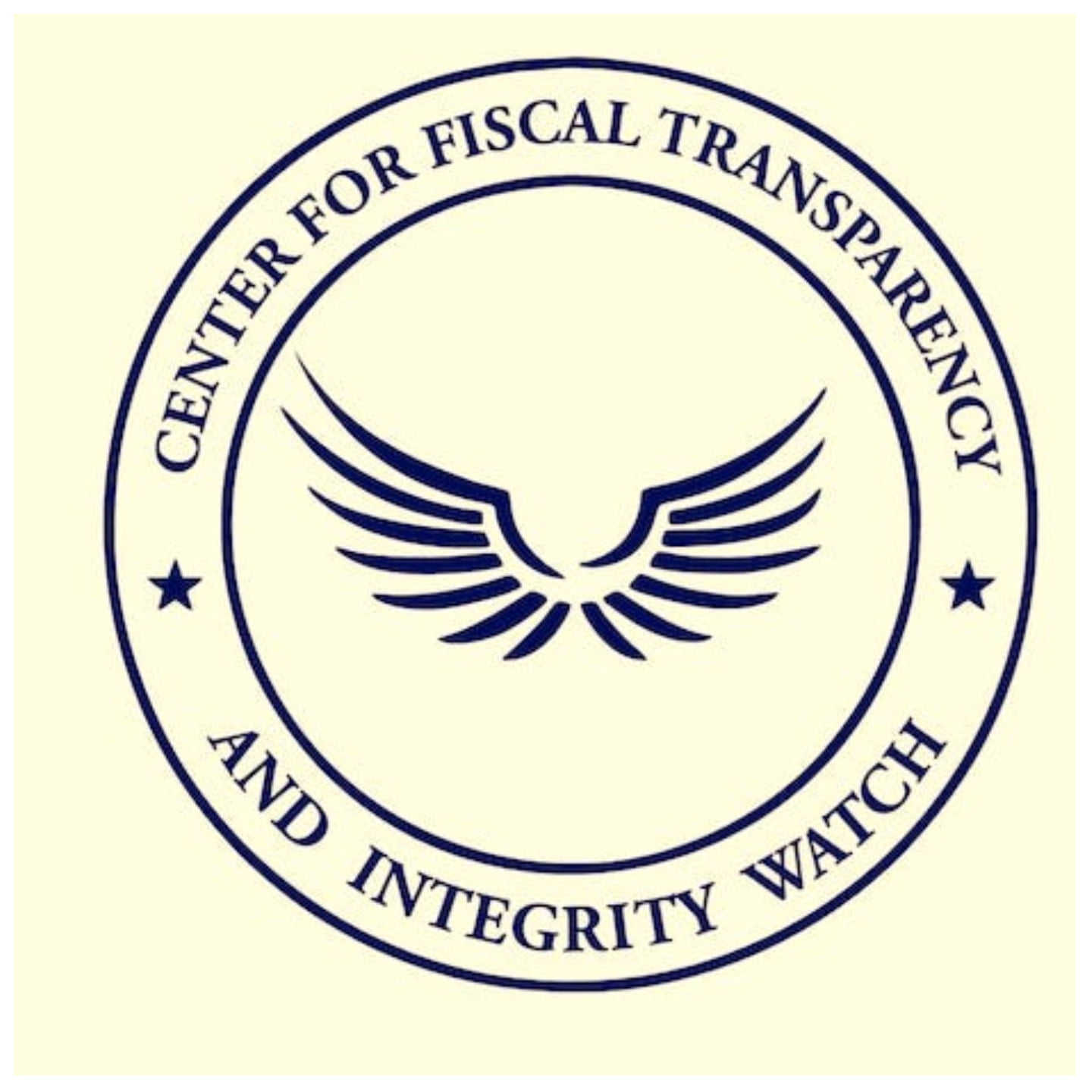The Centre for Fiscal Transparency and Public Integrity has revealed that only three of 614 financial and anti-corruption probes initiated by successful governments have been concluded since the return of democracy in 1999.
The Center made the disclosure on Tuesday in Abuja when it launched the Probes Monitor Portal in 2022, a comprehensive database of grand-corruption investigations made public since 1999.
Executive Secretary of The Center, Umar Yakubu while presenting the report noted that in Nigeria’s 25 years of democracy, numerous public sector financial and other corruption cases led to the formation of investigative panels, but their outcomes are rarely disclosed.
“This alarming discrepancy shows a significant accountability gap and questions the commitment of the National Assembly and other institutions to transparency and justice in the financial space,” Yakubu said.
The Executive Director criticized the abandonment of these probes, saying, “It gives the impression of political theater designed to placate the masses temporarily without any genuine intention of addressing the underlying issues.”
He also pointed out the financial implications, stressing that incomplete probes waste substantial resources and hinders economic growth and stability.
“Each investigation requires significant resources, and leaving them incomplete diverts funds from essential services like healthcare, education, and infrastructure, thereby hurting economic growth substantially.
The lack of transparency allows corruption to continue unchecked, emboldening corrupt individuals due to the absence of consequences,” he explained.
He added that “The Center’s initiative aims to enhance scrutiny and accountability by providing a clear and accessible record of all probes and their statuses adding that “It is not enough to set up probes and then abandon them. Each investigation must be seen through to its conclusion, and the findings must be made public to restore faith in our institutions.”
Also speaking, the chairman of the event, Dr. Otive Igbuzor noted that despite the plethora of legislations and agencies fighting corruption in the country, corruption has remained widespread and pervasive because of failure to utilize universally accepted and tested strategies in bringing economic saboteurs to justice

 Join Daily Trust WhatsApp Community For Quick Access To News and Happenings Around You.
Join Daily Trust WhatsApp Community For Quick Access To News and Happenings Around You.


